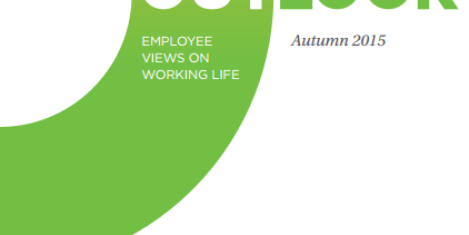November 3, 2015
Third of professionals worry about weight gain from home working 0
 Remote working is on the rise; 45 percent of UK workers are now based outside of their main office for more than half the week. But working from home could contribute to an expanding waistline, as a third (32 percent) of the UK’s business professionals admit that they fear getting fat due to the temptation to snack more when working from home compared to working in an office environment. The research by Regus canvassed the opinions of more than 4,000 business people across the UK. The findings suggest that the solitude associated with working at home, coupled with ready accessibility to fridge, cupboard and larder, leads to more munching during the 9-5. Said Richard Morris, UK CEO, Regus: “Working from home makes it easy to reach for a doughnut whilst still in your pyjamas. This look is not so popular in a workspace surrounded by professional peers.”
Remote working is on the rise; 45 percent of UK workers are now based outside of their main office for more than half the week. But working from home could contribute to an expanding waistline, as a third (32 percent) of the UK’s business professionals admit that they fear getting fat due to the temptation to snack more when working from home compared to working in an office environment. The research by Regus canvassed the opinions of more than 4,000 business people across the UK. The findings suggest that the solitude associated with working at home, coupled with ready accessibility to fridge, cupboard and larder, leads to more munching during the 9-5. Said Richard Morris, UK CEO, Regus: “Working from home makes it easy to reach for a doughnut whilst still in your pyjamas. This look is not so popular in a workspace surrounded by professional peers.”




































October 28, 2015
What Shakespeare’s Henry V can teach us about flexible working
by Julia Johnston • Comment, Facilities management, Flexible working
Why are so many of us preoccupied with the status that having an office brings? They say it’s lonely at the top. Well, that loneliness often starts with the social exclusion of being in an office. Why would you not want to be in with the in-crowd, to be with your own team of people and the go-getters who are making a difference to your organisation? Why not be where the action is at the working coalface of your organisation? Stuck in your office, you can feel like a kid in the corner of the playground, wondering what the others are whispering about. Some of us want an office because we believe it shows our peers that we have made it; that we have reached the upper echelons of our corporate management structure and become an acknowledged achiever. We want an office so that we can preen to others, but that doesn’t automatically make for better managers, leaders or companies.
More →